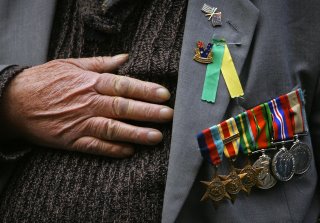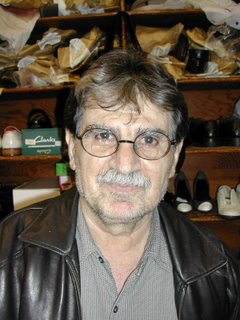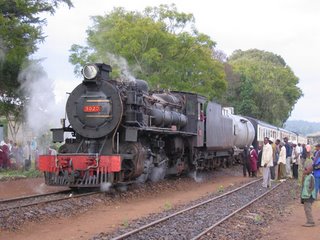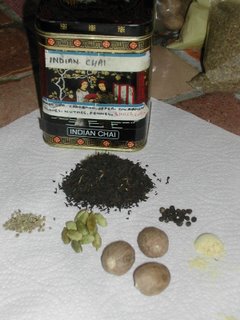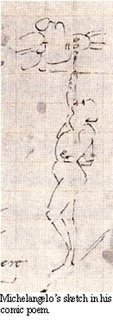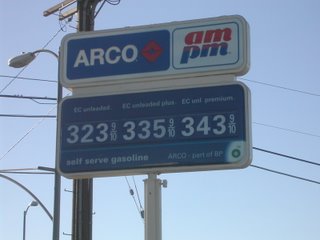
The art of redefining the contour of fine silver trays is one that is more particularly Scottish than, perhaps, any other nationalities. A reputation that the great halls of silversmiths in London and Sheffield are prone to envy. Whether this skill blossomed from an innate sense of impecunity, or from the natural latent genius for which we are so proud, is left to conjecture. But the fact clearly remains that more pierced silver is to be found in Scotland, and in Scottish enclaves than any where else in the world. Why you might ask has this unusual specialization developed? Well the answer lies in the frequency with which the haggis is slain in late January each year.
Scotland is famous of course for her two principal exports, its brains, and the antidote, whisky. It is the fortification with the latter in preparation for the "Address To A Haggis", that is, in all likelihood, responsible for the abundance of perforated chargers. Armed with dirks, it is not uncommon for exuberance to foreshadow good judgment in the lavish swing that plunges the blade into the warm and reeking bladder, which yields sweetly allowing the tip to score and skewer the entire table display through to the richly varnished table boards beneath. If the knife can be retrieved, the tray will need treatment with planishing hammers and silver solder before the buffing wheels on the lathes can retrieve its former luster.
Nor should you doubt any part of this report, for every word of it is as true as the light of day. Examination of old copies of the 'Daily Breeze' from 1988 will reveal an account of a similar occurrence, when, before the Royal Scottish Country Dance Society, Tom Girvin, that well known radio personality, had difficulty removing his dirk from the haggis for exactly the same reason. Years later Tom's offer to have the tray repaired was declined in favor of its value as a memento of that valiant stab.
No you might say, this cannot be the case, such a fabrication, such whimsy is more than is creditable. Yet I can tell you with no exaggeration, that in 1997 I stood right beside Joseph McClure Swindle, who, suitably reinforced with fifteen year old Talisker, slew the haggis at the Castaways one Burns Night. Joseph spouted forth,
"His knife see rustic labour dight,
An' cut ye up we ready slight,"...
and as he did so, he rammed his huge dirk down through the haggis tray and all. Paul Dimond, the British Consul General, and his lady Carolyn, were there to witness the thrust, as were the gathered members and friends of the Los Angeles Burns Club. The stage was set, and what a night it was. Later, after the loyal toasts, the "Immortal Memory of Robert Burns" was given by Ann Dwyer who, to our amazement transformed herself into Ann, the serving maid at 'The Globe Inn'. Her performance transfixed us, as she related "from personal experience" her encounter with the poet who used to frequent the inn. Richard Nathan, the editor of “Mad Dogs” where this story was previously reported, gave the toast to the lassies, in a highly controversial parallel between Shakespeare and Burns' view of the fairer sex. Ah! but the answer probably lies right there, that it is in an attempt to impress the "lassies O", that we get into these predicaments of masculine excessiveness in the first place.

If you live in the Los Angeles area you can see the Haggis slain in true style at Lawry’s Tam O’ Shanter Restaurant, on Los Feliz Boulevard, on January 22nd, 23rd and 24th when I shall be performing the ceremony six times each night, and cutting up Chef Ivan’s excellent Haggis. There will be piping from Harry Farrar, Highland Dancing and saucy ladies singing Burns’ songs.





























